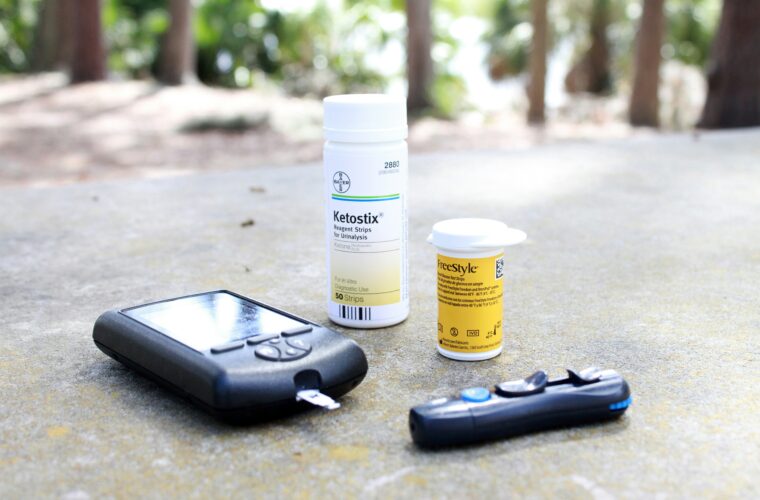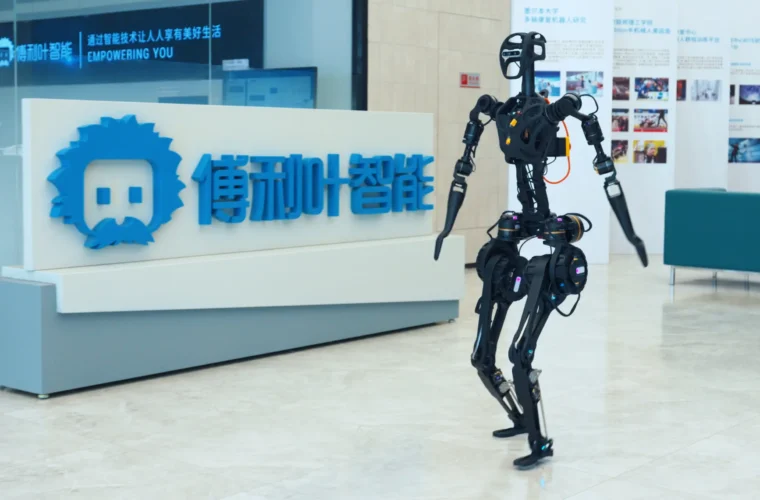The innovative instrument is the work of a team of scientists from the Mass General Cancer Center in Boston
A powerful new tool has emerged that can predict the risk of getting lung cancer. Its name is Sybil, and it is an artificial intelligence program. A group of scientists from the Mass General Cancer Center in Boston, collaborating with researchers from the Massachusetts Institute of Technology, created Sybil. The program is also presented in the Journal of Clinical Oncology, a prestigious journal dedicated to oncology. The tool accurately predicted the risk of lung cancer in both smokers and non-smokers. The program relies on tomography to make predictions for the next 1-6 years. Low-dose chest computed tomography (LDCT) is recommended to screen smokers and ex-smokers aged 50-80.
‘Sybil only requires one scan and does not depend on clinical data or notes from the radiologist,’ explains Florian Fintelmann, one of the project authors. It is a tool designed to work in real-time, enabling point-of-care clinical decision support.

Speeding up diagnosis
The team validated Sybil’s effectiveness using three independent datasets: scans of over 6,000 people Sybil had not seen, 8,821 scans from Massachusetts General Hospital (MGH) and 12,280 scans from Chang Gung Memorial Hospital in Taiwan. Result? Sybil could accurately predict the risk of lung cancer in all these sets. The researchers note that this is a retrospective study and that prospective studies following patients are needed to validate Sybil. Furthermore, the US participants in the study were predominantly white (92 per cent), and future studies will be required to determine whether Sybil can accurately predict lung cancer among different populations.
“Sybil is able to look at an image and predict the risk of an individual developing lung cancer within six years”, – said Jameel Clinic coauthor Regina Barzilay. As lung cancer rates increase among non-smokers, new strategies are needed to screen and predict a larger population accurately. The US Preventive Service Task Force recommends annual LDCTs for people over the age of 50 with a history of 20 packs/year who currently smoke or have quit smoking in the past 15 years. But less than 10% of eligible patients are screened each year.



